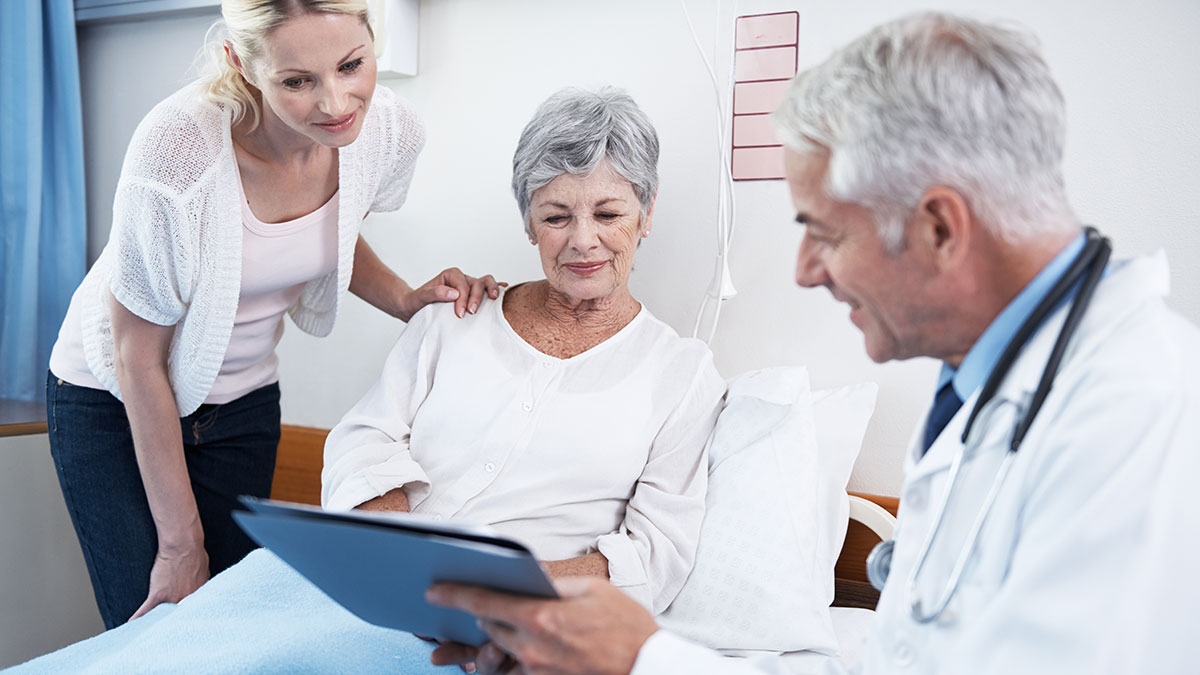
What is MH?
Malignant hyperthermia (MH) is a life-threatening reaction to anaesthetic drugs. The main feature of MH is a dramatic rise in the body temperature of an anaesthetised patient. The term “malignant” arises from the progressive nature of the condition, which can be fatal if it is not recognised and treated.
When was MH discovered?
The condition was first reported in 1960, when a young man in Australia needed surgery following a road traffic accident. He did not want doctors to give him a general anaesthetic because other family members had died under general anaesthesia. He was advised that a general anaesthetic was necessary and his doctors proceeded cautiously. It soon became apparent that things were not right. His breathing became rapid, his heart rate increased and he was noticeably very hot. The anaesthetist did not know the cause of this reaction but acted quickly to cool the patient and discontinue the anaesthetic. Further investigations of the family history showed that 10 members of the family had died under general anaesthesia. This first report illustrated malignant hyperthermia to be an hereditary condition.
Since this case, we have learnt much about malignant hyperthermia. The genetic defect only affects skeletal muscle tissue. The skeletal muscle is the muscle that controls voluntary movements by moving the skeleton. The genetic defect in malignant hyperthermia does not affect heart muscle or smooth muscle, as in the womb or the bladder.
How common is MH?
MH reactions are uncommon, occurring in between 1 in 30,000 to 1 in 200,000 general anaesthetics. The incidence is highest in children and teenagers and is more common in males rather than females. We do not understand the reasons for this age and sex distribution of reactions.
We also know that people who have the MH genetic defect do not have an MH reaction on every occasion that they receive triggering drugs. We do not fully understand why this happens. However, it is important to know that someone who has had an uncomplicated general anaesthetic before, may still be at risk of developing MH during a subsequent anaesthetic.
Based on the number of MH reactions in the UK and the number of general anaesthetics given in the country, we estimate the genetic defect to be present in just under 1 in 10,000 of the population.